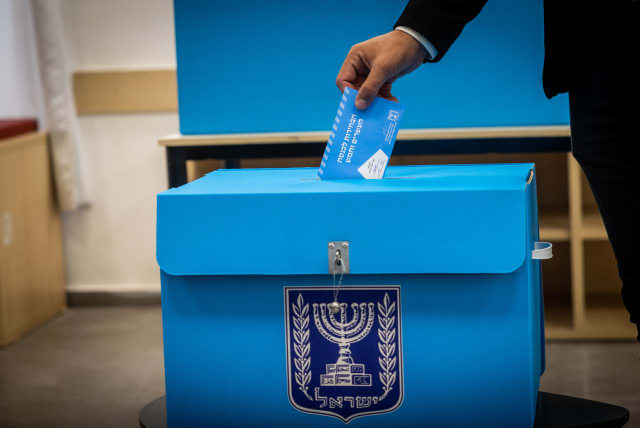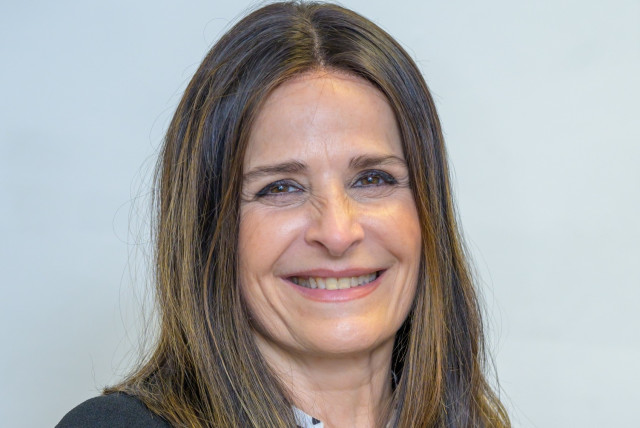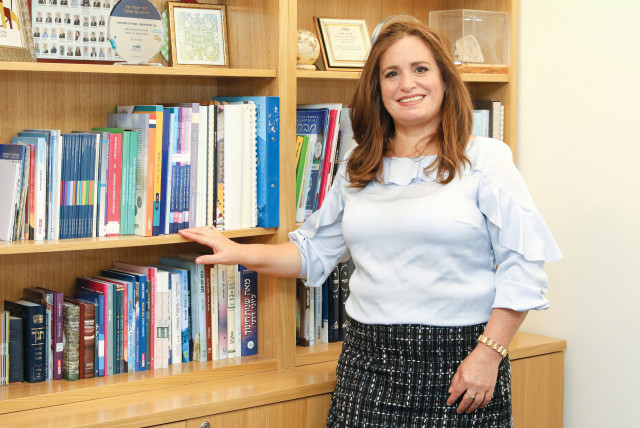Who are the three National Religious lists in Jerusalem's elections?

For religious Jerusalemites who generally define themselves as National Religious, there are three representative lists running for city council in the elections set for the end of this month

Twenty percent of Jerusalem’s Jewish residents aged 20 and above define themselves as religious; another 25% define themselves as traditional. Yet for religious Jerusalemites who generally define themselves as National Religious, there are three representative lists running for city council in the elections set for the end of this month.
Hagit Moshe, the current deputy mayor and holder of the education portfolio, is running under the slogan “To serve in faith,” with a list composed of men and women equally.
Her rival for years, Deputy Mayor Arieh King – who holds the community managers portfolio – is at the top of the United list, which is focused primarily on issues concerning the city’s Arab population.
King emphasizes that he serves everyone without distinction, but Moshe sees him as a figure who came out of the more moderate wing of the Religious Zionist Party, the successor to the former National Religious Party. Several women are on this list in the third slot, including Deborah Srour Politis.

The new player on the National Religious Right in Jerusalem
Now a new player – the Noam party – has entered the election fray in the Religious Zionist “knitted kippa” arena. Noam, whose main message is conservatism, is submitting a list with a woman in second place – Liora Alon, a Har Homa resident – after the list’s head, attorney Eldad Rabinowitz, a resident of Silwan’s Beit Yonatan.

Like many others, Moshe claims that not everyone from the knitted kippa community is an authentic representative of Religious Zionism. She says she fears that the divisions in this community – even more than the difficult atmosphere currently prevailing in Jerusalem and the country – will lead to a destructive minority participating in the elections.
In such a case, she warns, it is clear that representation of the haredi public on the city council, which is now very large, will continue to grow and impact the public negatively. ■
An earlier version of this article claimed that no women were on the United list, headed by King. This was found to be incorrect.
